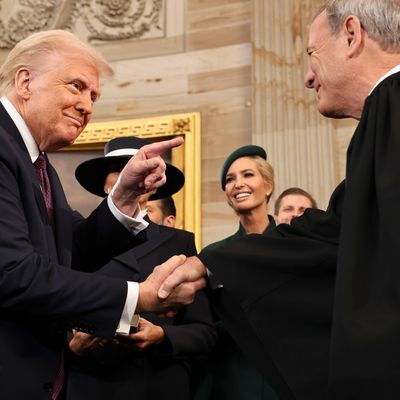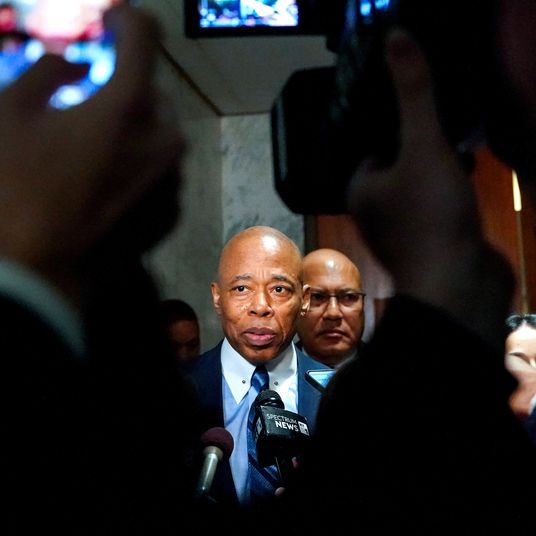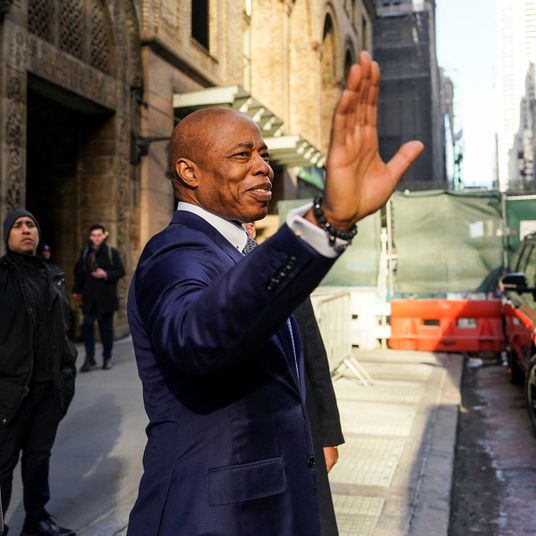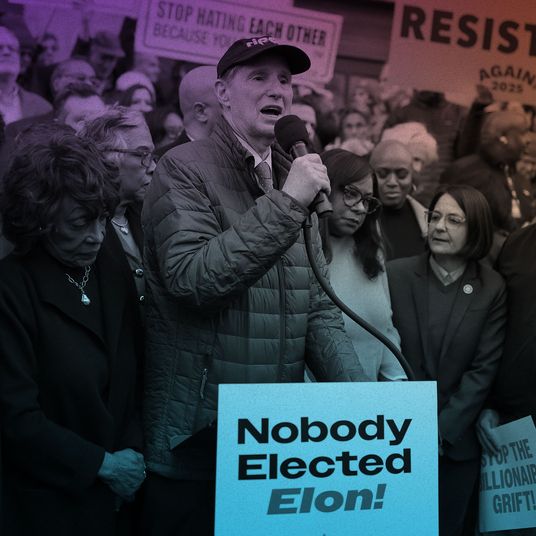
The first few weeks of the second Trump administration have been a blur of executive actions aimed at radically changing the federal government as we’ve known it. The administration has pursued major changes in the structure, size, purpose, and management of federal agencies through controversial means, ranging from presidential executive orders to a funding “freeze” imposed by the Office of Management and Budget to high-speed raids on executive-branch data systems and funding streams undertaken by Elon Musk’s pirate DOGE operation (now legitimized by a Trump executive order giving them a mandate to make deep reductions in the federal workforce).
Those aggrieved by Trump’s presidential blitzkrieg — ranging from advocacy groups to nonprofits funded by federal agencies to the state and local governments who often manage federal programs — have gone to court. Piece by piece, federal judges have begun to put unusual assertions of executive authority on hold until they can be reviewed, with one, Rhode Island–based district court Judge John McConnell, suggesting the whole agenda of executive power plays may have to stop.
There is currently a lot of fear that the administration will simply defy the judicial branch of government, immediately triggering a constitutional crisis. This is based in part on a comment from Vice-President J.D. Vance asserting the powerlessness of federal judges to stop “legitimate” deployments of executive authority. There’s no doubt such a stance would be met with cheers from MAGA activists ready to storm courthouses, much as the “patriots” of January 6 stormed the Capitol. But we aren’t there yet, and for all the bluster, Trump’s Justice Department lawyers are signaling compliance with judicial orders (albeit slow and sometimes partial compliance), and are appealing Judge McConnell’s ruling to the First Circuit Court of Appeals instead of simply ignoring it. To all appearances, the administration is going to pursue its claims of vast executive powers all the way to the U.S. Supreme Court, with its Trump-friendly conservative majority. But it’s helpful to have a sense of the main legal theories Team Trump is promoting.
There are two main arguments for vastly expanded presidential powers we can expect the administration to make. The first, which is key to Trump’s claim that he has the right to fire federal employees at will and redirect what they are doing, is known as the unitary executive theory. Growing out of a dissent by Justice Antonin Scalia in a 1988 Supreme Court case, the theory is that Article II’s inaugural statement that the “executive power shall be vested in a President of the United States of America” means all executive powers should be controlled by the president, despite efforts by Congress over the years to horn in on executive functions. A favorite of the conservative legal movement dating back to the Reagan administration, at least a limited version of the unitary executive theory was eventually embraced by the current Supreme Court as one of the underpinnings of its extension of presidential immunity in Trump v. United States. The Court ruled that Trump’s use of “exclusive presidential powers” over the law-enforcement system placed his alleged abuse of such powers in seeking to overturn his 2020 election defeat beyond the reach of Congress or prosecutors.
What Trump’s lawyers will likely now urge the Court to do is to recognize an expanded doctrine of the unitary executive that will give him full authority over all federal executive-branch personnel — including those employed by the so-called “independent agencies” like the Federal Trade Commission or the Federal Reserve System — regardless of congressional statutes professing to protect or direct them.
It’s unclear what the Supreme Court will decide. They could, as Scalia did in his original 1988 dissent, limit full presidential powers over executive-branch employees to “Officers of the United States,” usually interpreted as those exercising “significant authority,” which would allow congressionally created civil-service protections for run-of-the-mill bureaucrats to stand. They could simply let the White House do as it wishes with federal employees who aren’t performing congressionally mandated functions, or who are working in areas closely associated with presidential powers like foreign affairs. Or they could go the whole hog and make Trump the king of all he surveys in the executive branch.
Presumably Trump’s lawyers will take what they can get from the Supreme Court before considering any direct challenge to judicial authority. But there is a separate if closely associated legal theory that Team Trump wants to pursue that has arguably even greater significance: the theory that the president has the unlimited power to impound (i.e., refuse to spend) congressionally appropriated funds. This idea, beloved of OMB director Russell Vought (who was also a principal co-author of Project 2025 and an advocate of truly revolutionary executive powers), suggests that the president’s power to “execute” laws includes determinations of exactly how many dollars are necessary to do so. He argues that congressional appropriations represent a “ceiling” but not a “floor” on expenditures, and that laws (particularly the Impoundment Control Act of 1974, passed to rein in impoundments by Richard Nixon) restricting the president’s ability to impose “fiscal discipline” on Washington are in fact unconstitutional.
This is the constitutional justification for the OMB “funding freeze,” and potentially for a federal budget entirely dictated by the Trump administration in defiance of Congress’s Article I powers to “lay and collect Taxes, Duties, Imposts and Excises, to pay the Debts and provide for the common Defense and general Welfare of the United States.” Known as the “spending power,” this congressional prerogative has been repeatedly confirmed by the Supreme Court, and overturning it would truly be a sign of a MAGA Supreme Court. That seems unlikely, at least at this juncture, but Trump’s lawyers may hope for a partial victory that gives the president the power over funding for certain functions central to executive authority (again, like foreign affairs or national defense).
The public, of course, is not tutored in constitutional law, and as evidenced by Trump’s election victory, is not terribly worried about his perpetual assertions of total power and his willingness to use his office for ignoble purposes like personal vengeance. So as litigation proceeds, you can expect Trump and his allies (including congressional Republicans, who at least publicly aren’t objecting at all to Trump’s power grabs at their own expense) to assert the wonderful benefits of dictatorial rule over “bureaucrats” and “wasteful spending” while his opponents brandish law books in one hand and fan up public concerns about the effect on popular federal programs with the other. It’s going to be a wild ride all the way to the Supreme Court.
More on Politics
- Why Does Trump Want Greenland? His Imperialistic Threats, Explained.
- Trump Cabinet Confirmation Hearings: Schedule & How to Watch
- Is Trump’s Paper-Straw Ban Really About His Shark Phobia?





























